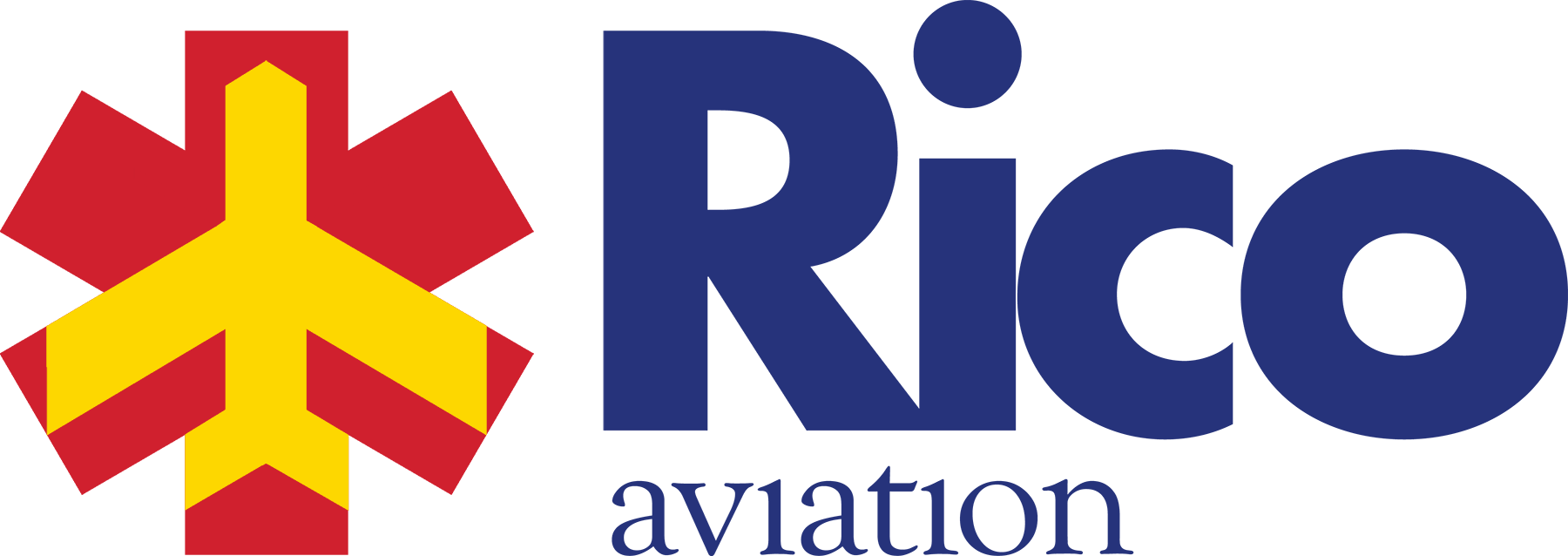Camping is a fun activity for friends, family, or anyone looking to experience the outdoors. It seems simple, but it’s not as easy as just rolling out the sleeping bag and sleeping under the stars. What many people don’t realize is the preparation that should go into a camping trip. Being prepared for the terrain, elements, and duration of the trip are essential to having a worthwhile experience. To help ensure you have a good time we have provided tips for camping smart.
Plan Ahead
How you prepare for your trip depends on the kinds of activities you are planning to do. If your trip involves a lot of physical activity, you will need to bring more food and water. First, you need to consider how many days you will be staying in order to pack enough snacks, food, water, cooking supplies, and shelter. These are the most important needs, and they depend on how many people you are going with. A good rule of thumb is to pack more than you think you need. Be sure to check the weather forecast before you leave so you can pack properly. Other items you may need are:
- Sleeping bags
- Sunscreen
- Bug Spray
- First aid kit
- Pocket knife
- Lighter
- Flashlight
- Trash bags
- Map
- Compass
- Hiking Stick
Arrival and Stay
When you leave for your trip make sure that your estimated arrival time is within park operating hours. Arriving during the day not only ensures that you don’t have to set up camp at night but gives you time to obtain proper camp permits. At the checkpoint, materials like maps and guides will most likely be provided by the park service. Most guides will layout camp rules on the use of the grounds, alcohol, fire, fireworks, weapons, etc.
Next, you will want to find a campsite that suits your tent size and a number of people you are with. The first thing you will want to do is set up your tent then unpack food, sleeping bags, and supplies. When leaving the campsite be sure to put valuables and food in secure locations to avoid theft by people and animals. Before you begin any activities be sure you wear the appropriate shoes, clothing, protection and prepare by eating and hydrating properly. Hydration is key, and consumption of fluids can vary from a gallon per every 3 hours to a water bottle per hour.
Before You Leave
Before going home, do a walk through to make sure you have your items, and all trash is picked up. It’s courteous to leave the site better than you found it and without traces. The most important checklist item is to double check that you’ve extinguished all fires on the site.

